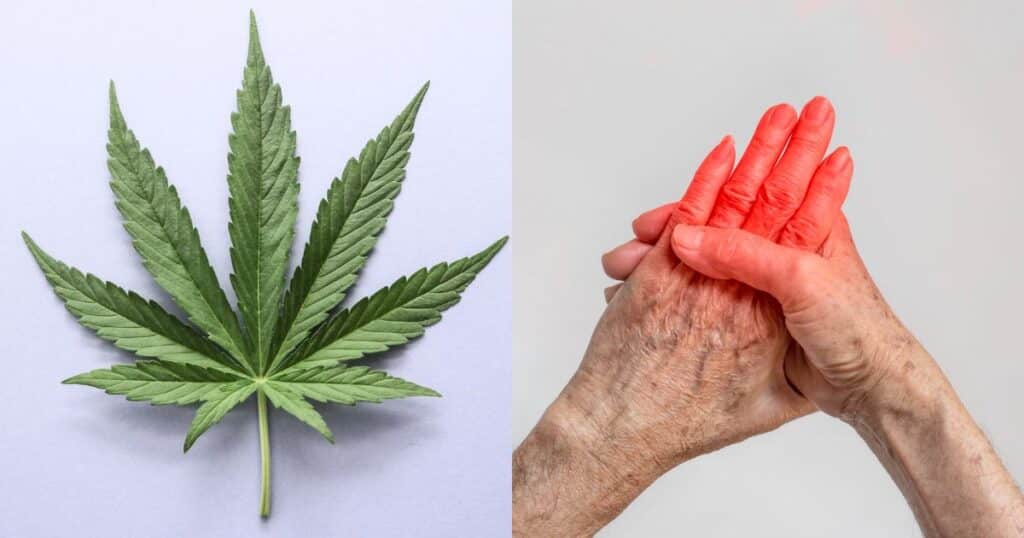There’s been a growing interest in the potential benefits of medical cannabis, especially among patients with chronic pain conditions. A recent study has shed light on how medical cannabis is helping people with arthritis and other rheumatic conditions reduce their use of opioids and other medications.
Study Findings
Since California became the first state to allow medical marijuana with the Compassionate Use Act in 1996, the topic has sparked intense discussion and research, particularly concerning its potential to alleviate chronic pain. For patients with conditions like arthritis, pain management is a daily challenge. Traditional medications, such as opioids and NSAIDs, often come with a host of side effects and risks, including dependency and withdrawal symptoms.
A recent study published by the American College of Rheumatology, conducted by researchers from the University of Michigan Medical School, McGill University, and the University of Buffalo, focused on how people with rheumatic conditions use medical cannabis. The study aimed to investigate the extent to which patients are substituting medical cannabis for traditional medications.
The study revealed that more than 6 in 10 patients who used medical cannabis substituted it for other medications, including NSAIDs, opioids, sleep aids, and muscle relaxants.
“Among 763 participants, 62.5% reported substituting MC products for medications, including nonsteroidal anti-inflammatory drugs (54.7%), opioids (48.6%), sleep aids (29.6%), and muscle relaxants (25.2%). Following substitution, most participants reported decreases or cessation in medication use.” The study notes.
Benefits of Medical Cannabis for Rheumatic Conditions
For individuals with arthritis and other rheumatic conditions, chronic pain is a daily struggle. Medical marijuana, especially strains containing THC, has been shown to provide substantial pain relief. Patients can experience fewer pain episodes and improved quality of life.
Opioids and NSAIDs, while effective, come with a wide range of side effects, including the risk of dependency. The study found that medical marijuana allowed patients to reduce or even eliminate their need for these medications. This reduction can lead to fewer side effects and a lower risk of long-term health issues.
Sleep disturbances and anxiety are common among patients with chronic pain conditions. The study highlighted that medical marijuana users reported better sleep and reduced anxiety levels. THC-containing products, in particular, were effective in improving these symptoms.
Medical marijuana contains cannabinoids, such as CBD and THC, that interact with the body’s endocannabinoid system. This interaction can lead to various therapeutic effects, including pain relief, anti-inflammatory benefits, and improved mood.
While inhalation was the most common method of administration in the study, other methods, such as edibles, tinctures, and topical applications, are also available. Each method has its benefits and can be chosen based on preference and specific needs.
“Inhalation of MC products containing some THC was most commonly identified among those substituting, and disease characteristics did not differ by substitution status.” says the study.
Researchers Continue to Uncover the Full Benefits of Medical Cannabis
The study on medical marijuana and its impact on rheumatic conditions offers promising insights into its potential benefits. By reducing dependence on traditional medications and improving symptom management, medical marijuana can significantly enhance the quality of life for patients with arthritis and other rheumatic conditions, along with many other ailments. However, there is still so much to uncover about what this amazing plant can do.
For patients and healthcare providers, understanding these benefits and integrating medical marijuana into treatment plans can pave the way for more effective and holistic pain management strategies. If you’re considering medical marijuana as a treatment option, talk to your healthcare provider to take the first step towards better pain management and an improved quality of life.


















